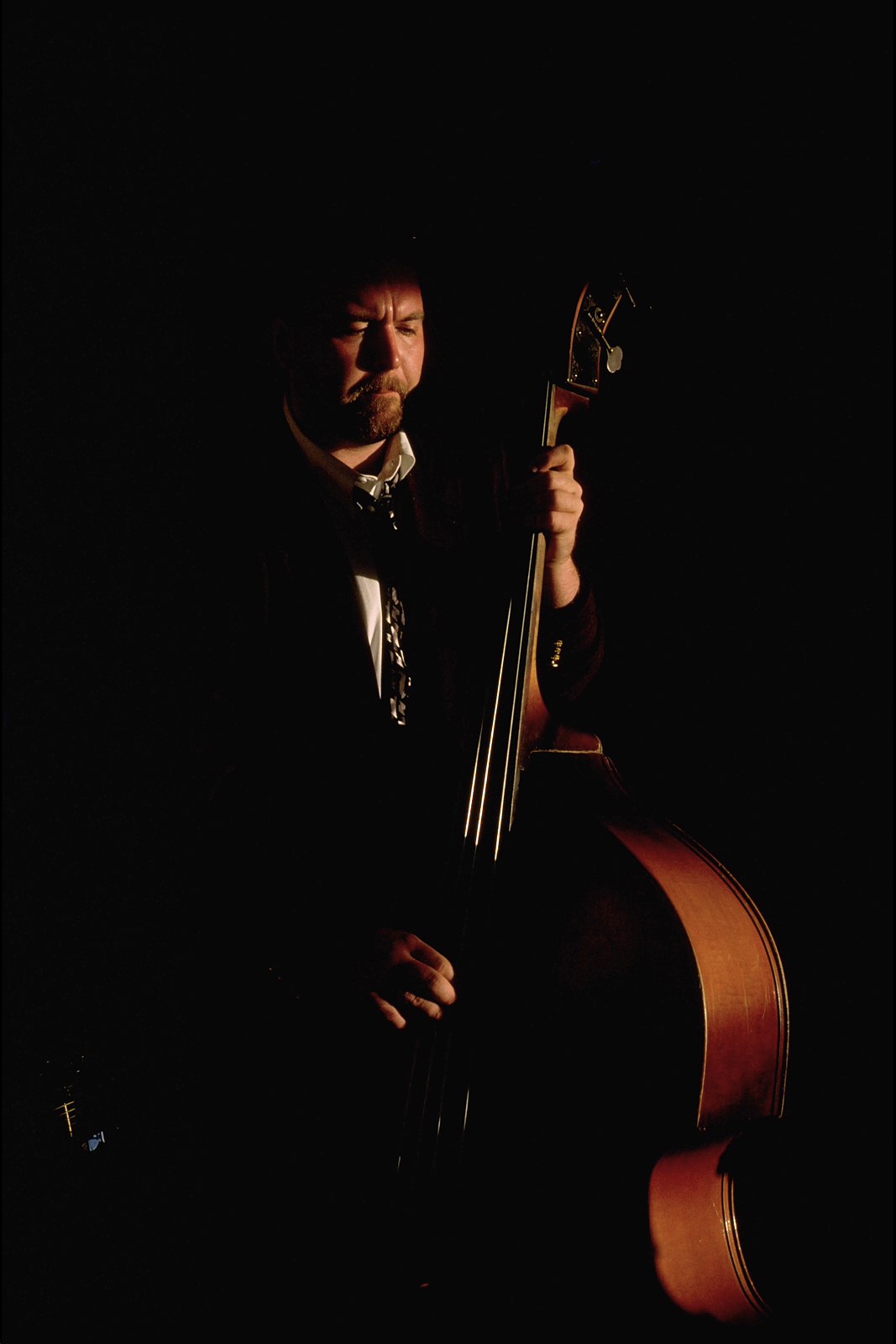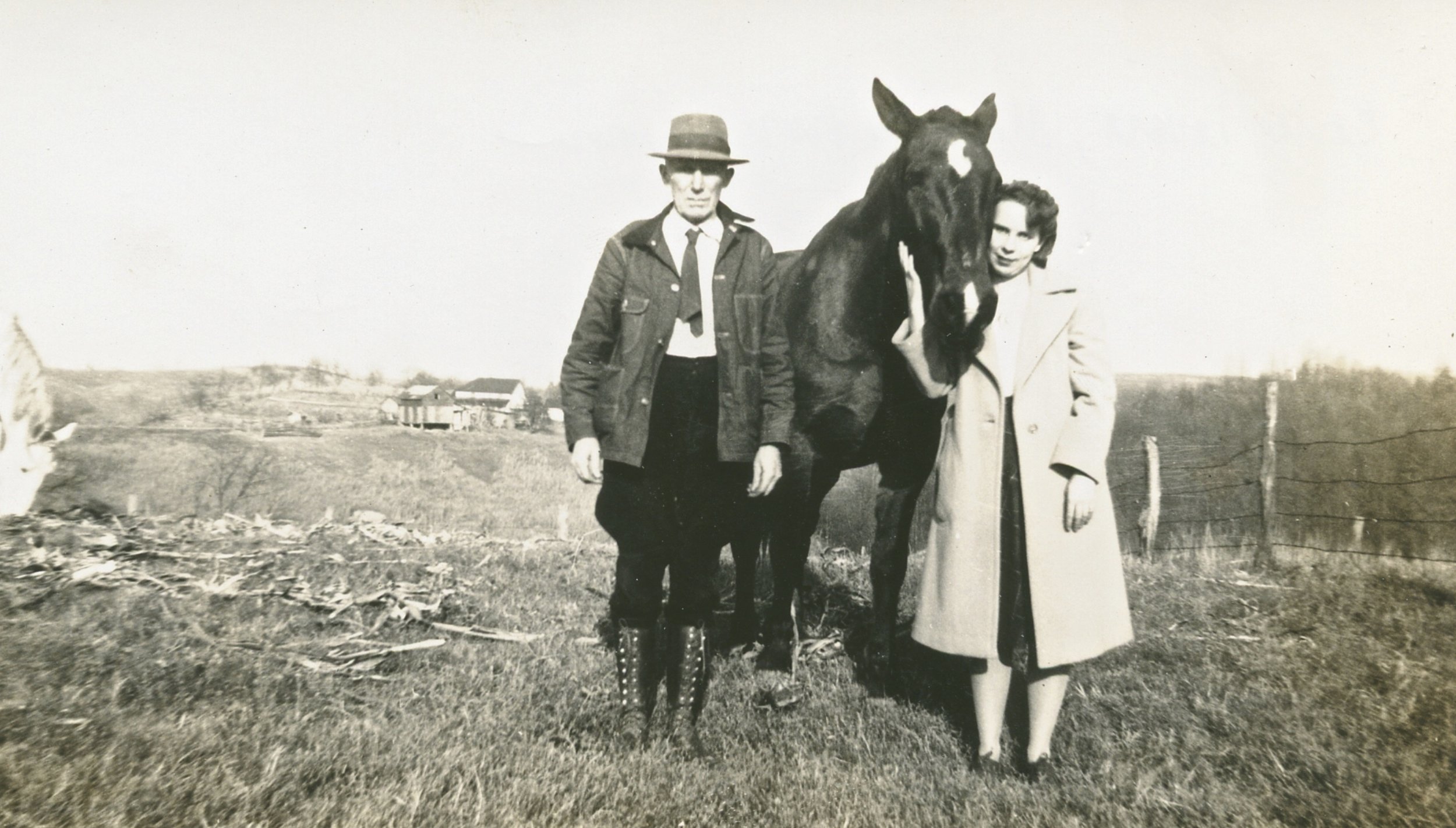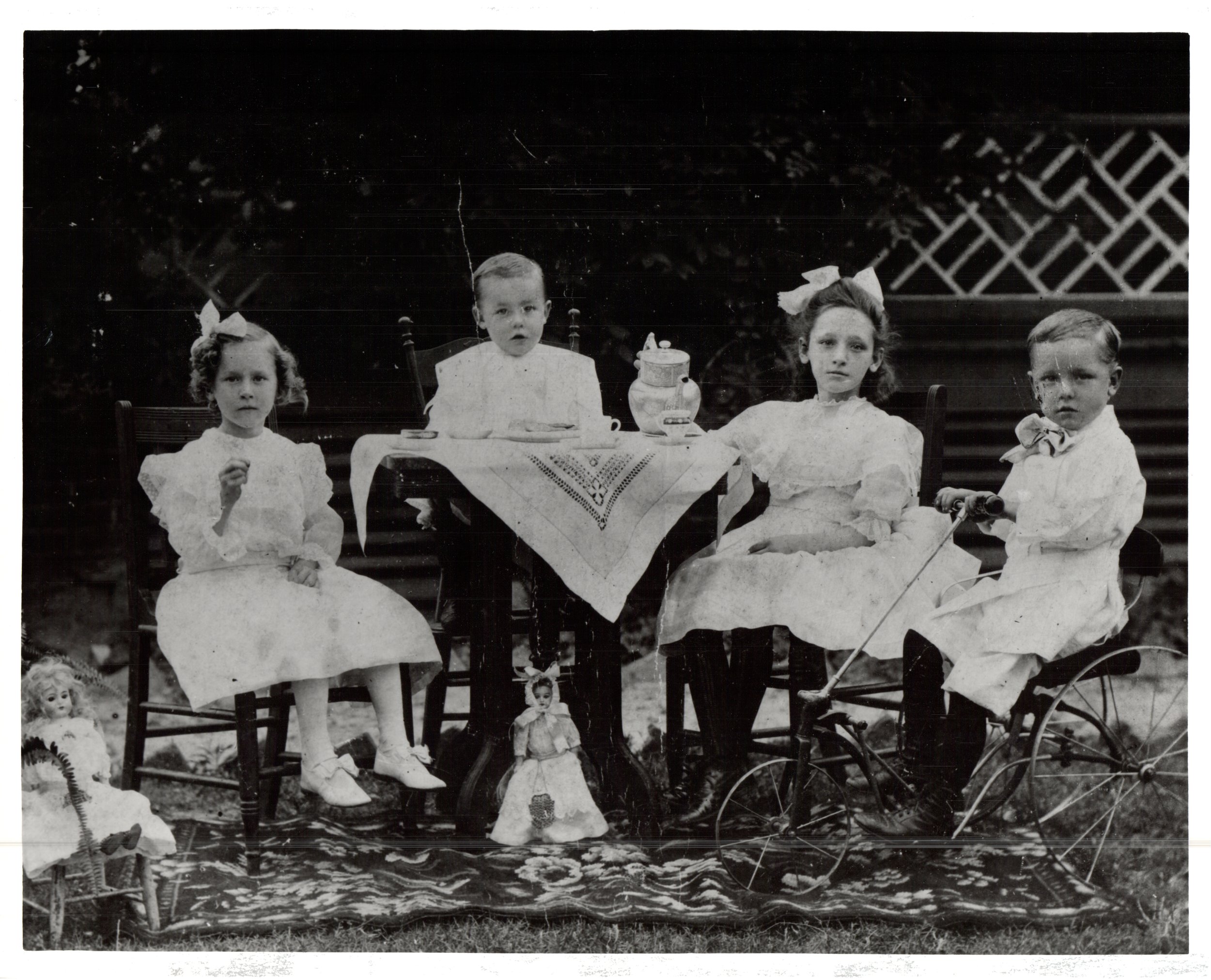I’m excited about a new collaboration with @bloodworth_bellamy (an eclectic shop in Sydney). I’ve open access to his wonderful collection and hope to make a series depicting the life and times of vintage curiosities. Here is part of a damaged chocolate stirring machine reimagined as a maraca player (perhaps I should not overly anthropomorphise my imagery). This is using the technique I learned some months back with Harold Ross that I wrote about in an earlier post. More to come, so watch this space.
Intagrammatical
After having abandoned Facebook some months ago, I’ve tangentially come back via Instagram. It’s not a platform I’ve engaged with before but I’m finding that it could be a good way to network professionally (though I am equally wary about the Big Brother aspects regardless). You can find me here @edge_of_somewhere with imagery new and old. I’ve some side projects I’m working on in the coming months that I’ll hint at on Instagram and write about here so watch these spaces.
Teaching in 1911
Tomorrow is the Centenary of the Teachers Federation where I work; we’ve unearthed a tremendous amount of material from the past century. Here is an interview I edited recently of an interview with Beatrice Taylor; she began her teaching career in 1911. She talks about the early days of teaching and how the conditions evolved over time. My grandmother (also Beatrice) wanted to be a teacher. I rather imagined her when working through this recording.
Sculpting light with Harold Ross
I think, no matter where one is creatively or professionally, it's always beneficial to add skills or try something entirely new. About two years ago, while researching a photographic technique known as light painting, I found the work of Harold Ross. Harold has, over the past decades, refined a process for making light painted images. I'll not go into detail on that here as, obviously, that's what the workshop is for (plus I want to respect the effort Harold has put into developing this quite specific process). However, it basically involves making a series of images where one 'sculpts' a scene with handheld lighting tools designed by Harold then combining these many image layers in Photoshop. It's challenging, both in the capture and post-production stage, but allows for exquisite control over every aspect of the final image.
I recently travelled to Lancaster, PA where Harold and his wife Vera live and have their studio to do a four day one-on-one workshop. Harold offers workshops which focus on either a fine art or commercial application of his technique (I did the fine art route; I assume the commercial workshop deals also with client considerations, workflow, etc.). He keeps his workshops quite small (only one or two students at a time) which is understandable considering how detailed he needs to be in his teaching. It's an advantage to have a photographic background and some grounding in Photoshop; however, Harold is a patient teacher and I imagine he can accommodate a wide range of skills. The important thing is to have personal motivation and drive; like anything in photography, after the initial hurdle of technical considerations, most of the further development comes from practise and application. It some ways, ironically, it may be a benefit to come with a clean slate or little knowledge of lighting in the studio as I found myself having to abandon earlier training and experience. Much of his technique (while still bound by the laws of physics!) allows for counter-intuitive and mind bending results that can't otherwise be obtained by 'normal' photography. It's all still within the realm of 'real', it's just that one has a slightly uncanny sense of—presence is the word that comes to mind. He manages to differentiate both from what is simply skillfully placed lighting and the sundry gimmicks that pass for fine art photography online (e.g. cranked up HDR). That's not always an easy balance to keep as the tendency is to overcompensate with the powerful tools we have available. With Harold's technique, the path onward leads to subtlety rather than an image that shouts 'look,I did something unusual!' I know, from studying cinematography, the mantra was always to aim for technique that, while skillful, wasn't the first thing the audience notices. We want people to feel it, not immediately question how it was done. I think, as I begin with this, that's going to be my challenge; I'll want to become so proficient with the technique that it diminishes to the background and the image communicates on its own merit as a photographic piece (and, of course, with such a specific process, there is always the risk that I just end up copying what Harold does and making visual derivatives of his work; but that's probably thinking too far ahead. Right now I just need to practise lighting a coconut and some more tomatoes!)
We had time, over the four days, to make two images together in the studio. Harold has a variety of props at hand to choose from. I wanted explore the lighting of several different kinds of surfaces (metallic/hard surfaces in one and organic/softer in the other). The Hamilton Watch device was an instant pick for the first setup as it seemed to combine a number of elements together. Other than it was simply an interesting piece of kit, we were in Lancaster, where Hamilton was originally based; plus, Hamilton made a watch that my Grandfather had (which was, unfortunately, stolen some months ago). So I'd like to think this tool was somehow used in the manufacture of my Grandfather's watch in the 1960's. The device is sitting on part of an automotive transmission and, to contrast with the intricacy of it, we rigged a giant 20 kilo gear in the background on a Matthews stand. For the second image, Vera kindly sourced some fresh produce which we placed on an old crate in a more traditional still life. I actually found the second image a bit more challenging as people know what these things are 'supposed to look like'. One can visually go all over the place with old mechanical parts but, for instance, one has to keep the light and colour of a tomato consistent with reality. Also, textures on elements such as the garlic cloves are quite challenging to render properly in the post-production masking and painting (This is a work in progress; I'm not entirely happy with the background as it's kind of flat and the produce could use some further work. In fact, I'm probably going to keep going back to practise the technique on this for these first few weeks rather than making any new images).
On the workshop itself, Harold was wonderful to work with and learn from. I've been fortunate to have a series of good workshop experiences in the past but also know that photographic skill and mastery doesn't automatically translate into an ability to teach others. There are things I do every day I'd struggle to pass on to someone else. This is a powerful technique with a lot of variables; yet, Harold has managed to distill years of experience into a succinct package that, while not simple, is comprehensible. He also has the most important of teaching skills, a humble spirit and good humour! We spoke one day at lunch how it seems that most people in photography seem to either be the kindest most giving and gracious people—or complete assholes. With Harold, I always had the sense he was there as a fellow learner sharing his experiences. I work in a large public school teachers union and know what makes for good curriculum and professional development materials. Harold has put together a comprehensive package that one can take home and continue to expand upon; I made minimal notes during the workshop but don't feel like there is anything missed in the workbook and files he's provided. This is the value of small intensives like this; anything larger and the student can't be as hands on. I did all the lighting and post production under Harold's supervision rather than just watching him do it whilst sitting in a classroom. There is a significant difference as I can now do it myself rather than coming back with a pile of potentially jumbled and unconnected techniques just out of reach. Though the workshop was quite full-on as far as information flow, Harold and Vera have created a lovely relaxed atmosphere in their rural home which made for a great learning environment.
All told, though such workshops are no small expense, I feel this kind of immersion allows for both a renewed creative energy and, if nothing else, an expansion on my understanding of what's possible. I'm looking forward to delving deeper into those possibilities with my own work and already roughing out how I can return for a follow up workshop sometime in the future. You can see more of Harold's work as well as information about his workshops here. It's also worth subscribing to his newsletter as he has occasional postings on either projects he's involved in or places he's speaking.
An aside: it's worth noting this technique, though it does require a few specialised tools, can mostly be done with equipment one has at hand already. The camera I used was my Nikon D500 with a macro lens from the 1980's. We were careful to set it up properly to coax out the best quality; that's a relatively new camera but I could have equally used my older D700 with comparable results. I am considering a new Wacom tablet (pretty much essential for this process). Mine is over fifteen years old so it's probably about time to consider a new model; I'm tempted by their Cintiq line as it would be ideal for the kinds of things we are doing here. That's all to say, if you have a given budget to dedicate to your craft, it's worth considering first if some skills training might be worth more than an investment in the latest gear.
Regarding that thing and some facts
This was published in the Morganown, WV Dominion Post yesterday. It's my rebuttal to a letter to the editor from the day prior. The writer of the original letter claimed, as is so often erroniously repeated in America when this is mooted, that Australia has become a free-for-all of criminality and fear since the National Firearms Agreement. I will grant that Australia and America have very different underlying cultures that don't make particular decisions on this immediately parallel; however, if you are going to posit an argument, you have to work from the facts.
As a resident of Australia visiting Morgantown, I must contest a paragraph I read in Scott Watkins’ letter to the edtor (DP-Wednesday). His statement that, “Australia(ns) thought if they were to confiscate all firearms, which they did, their crime rate would plummet. In actuality, once their citizens were disarmed, the crime rate increased dramatically due to the fact that their citizens could no longer defend themselves” is factually incorrect. Since the National Firearms Agreement (NFA) and buyback program in 1996, the crime rate has fallen nationally, though the population has increased significantly. Watkins also implies that the NFA was an attempt to address common crimes in which firearms were used. It was not; the move was in response to a mass shooting and the national discussion that followed. The (conservative) government at the time brought forward legislation to ban weapons that had no practical use other than killing people—one can still, of course, own a hunting rifle in Outback Australia. Since the NFA, we’ve had no mass shootings. Yes, criminals will still obtain weapons and, yes, there are still gun-related homicides; but the argument that “citizens could no longer defend themselves” is spurious and also assumes that Australia had the same gun culture as America.
Australians do not cower in their homes afraid to go out for lack of protection. On the contrary, it's the knowledge that the streets are not awash with guns that provides a sense of safety. The “freedom” sacrificed by discarding these weapons enables the much greater freedom of well-being in daily life.
Art, Pizza, Annihilation
Last night I watched Alex Garland's new film Annihilation; I remember seeing the trailer some months ago and, as it was portrayed as potentially just another 'the team goes in; creepy things happen; most die' scenario, I didn't pay much interest. However, I've read a few articles on it since and, as it's gone straight to Netflix, it was a ready choice (and it was Saturday night after a day of overtime work).
I don't really wish to comment on the film itself. It reminded me of Tarkovsky in that it left open for the viewer more questions than answers; this, though, is frowned upon in commercial cinema. The studio financing the film attempted, as is their wont, to alter the content and ending to make it palatable for mainstream audiences (read, 'people are thick and aren't going to get the gist of this'). I think this, first, doesn't give much credit to the sophistication of viewers but, concurrently, speaks to a mass market demand to have narratives fed to us in an easily digestible form. If a film is 'too difficult' and gives rise to consideration, then it's often derided in reviews and does poorly at the box office. This is by no means a new realisation, it's been the threshold filmmakers have balanced upon since the beginning. What's changing is the means of distribution for these 'challenging' films and I wonder how that's going to alter what we see on the screen/tablet/phone during boring meeting.
For the past year or so, I've enjoyed a range of films and series on Netflix. Their subscription model allows for a wide reach of international and in-house productions that appeal to niche tastes. I would think that is, overall, a benefit to both creators and viewers. However, like much of social media, it could tend to narrow both the creation and discussion of 'content'. On one hand, it allows for the creation of films and series with significant production backing; a local production company in Germany would have little purchase to invest heavily in a series that would only be seen on German screens. But if the reach is global from the outset, they can produce a series like Dark or Babylon Berlin and garner many millions of viewers. I think there is little argument against the benefits for small regional productions gaining a wider audience. It also allows for a continuum of conversation between the creators and viewers. I'm on season three of El Ministerio del Tiempo from Spain; I tweeted a comment this week on how I was enjoying the series—which was then liked and retweeted by the creator of the show itself.
My concern is, though a given film that would otherwise languish in obscurity might gain global prominence, there is still the danger that it's isolated to a self-selecting audience. This kind of access could even further separate the 'guaranteed to make money sequel blockbuster' from the 'difficult arty' films with the further marketisation of main-street cinemas and broadcast television. We need art to challenge and inspire in public; art that only speaks to and through 'the elect' is not only ineffectual, it's self-indulgent. I'm thinking of much modern art that risks becoming a parody of itself; it attempts to convey serious social themes to an audience who is so far removed from the realities depicted that it becomes an even greater abstraction. I have a sense that we are, increasingly, able to opt out of discussions and presentations of art that challenge our perceptions. This at the same time that we are, in free societies, more able than ever to access the material that would do just that.
Equally, arguments about creation and distribution are beside the point. There are the concerns that I've mentioned above; however, the pivot point in a free society always comes back to artistic literacy. If people don't have the tools to discern and decipher the messages of music, literature, cinema, and all the presentations of artistic expression, then all the art in the world is moot. Conservative and dictatorial governments go straight for the arts in both propaganda and censorship; they know that controlling these narratives are the keys to power. This is why, under the same governments, funding for arts education is the first to go. The excuse is that it's unimportant to 'real' learning; but, of course, it's squelched as it's one of the greater threats to power. In the long game, there is little need to actively oppress the arts if the sensibilities of the people are gradually worn down. If the arts are segregated and siloed, there is little risk to power; art loses its ability to either inform or challenge—it just becomes the background noise between commercials or the piece hung on a gallery wall to fulfil a quota. (The flip side of that is when governments offer significant funding for the arts as a patron of indulgence; this can have its own dulling effect—the whole 'the best art through struggle' argument.)
Where does this leave us? Probably at the same point the arts have always lived; though I'm imagining some kind of sea change with technology and our own awareness, I doubt it's as grand or significant as that. I think we risk excusing ourselves and placing blame on the technologies at hand; we have agency in this. Ultimately, we have to make a choice to engage with the world and the narratives that we have access to. We can contribute to a wider discussion or close down into a self-enfolding rabbit hole of our own making. Sometimes that may manifest as a dramatic public expression...or, just as valid, an evening with Netflix and frozen pizza.
Grab bag of memories
I was just sorting through some images on an old hard drive and made a collection that caught my eye for one reason or another. Nothing spectacular here; just a collection of memories. (Click on an image to enlarge.)
Very random cross-cultural speaking tips
Okay, this is quite random. I was just searching for an old email and found these tips I wrote when I was one of the leaders on a cross-cultural team in Bulgaria. It was a list of tips for the team regarding public speaking:
1. Speak with confidence (try not to "ummm..." or "welllll..." so much).
2. Keep hands out of your pockets (it's considered rude here, even when just standing around on the street; pockets are for things, not hands). Never ever cross your arms in front of an audience.
3. Try not to say "you guys..." (e.g. "We've really had a great time with you guys...").
4. Try to put across the fact that we are here to learn about others first and then we would like them to also learn something about us.
5. Look attentive during meetings; even though you don't understand a word of what is said, it's impolite to daze off. There is a certain art to doing this that may take years to master.
6. If you say what state you are from, be sure to add "...in the United States." (e.g. if you say "I'm from Georgia" here, people will assume you are from The Republic of Georgia).
7. Even when the translator is translating, you are still "speaking." Be sure to retain contact with the listeners.
8. Even if you (as a team) don't know what you are doing next on stage, try to make it appear like you are all "on plan" (try to maintain the appearance that you have everything worked out; first we will speak a bit, then sing, then so and so will give a testimony; rather than conferring after everything you do).
9. This is where you are "on point." Try to maintain enthusiasm; this meeting may be the only time this group of people meet the team; even though you are exhausted, it's important to give a good presentation of yourselves and be enthusiastic (this is a cardinal rule of all presentations).
10. If something happens that is an English linguistic mistake, try not to laugh or make note of it; people will not understand why you are laughing.
11. Don't "bumble about." It's distracting to the people watching. Try to be as smooth as possible with your physical movements and transitions on and off stage.
12. Gentlemen should let ladies enter and exit the stage first.
13. Hands to the sides or in "praise the LORD" mode whilst singing (definitely not in pockets).
This was all for a project through the American Baptist Mission Board; I did month-long cultural immersion trips with them in Japan, Bulgaria, and the Czech Republic. I did media for the trips but sort of wish I had it all to do over again with the tools that are available today! I came across another email on suggestions for brands of MiniDV tape but somehow think that's probably not especially relevant anymore.
Old Family Photos
I'm just back from the States. Did a bit of rummaging through archives and came across this random selection of old family photos.





























